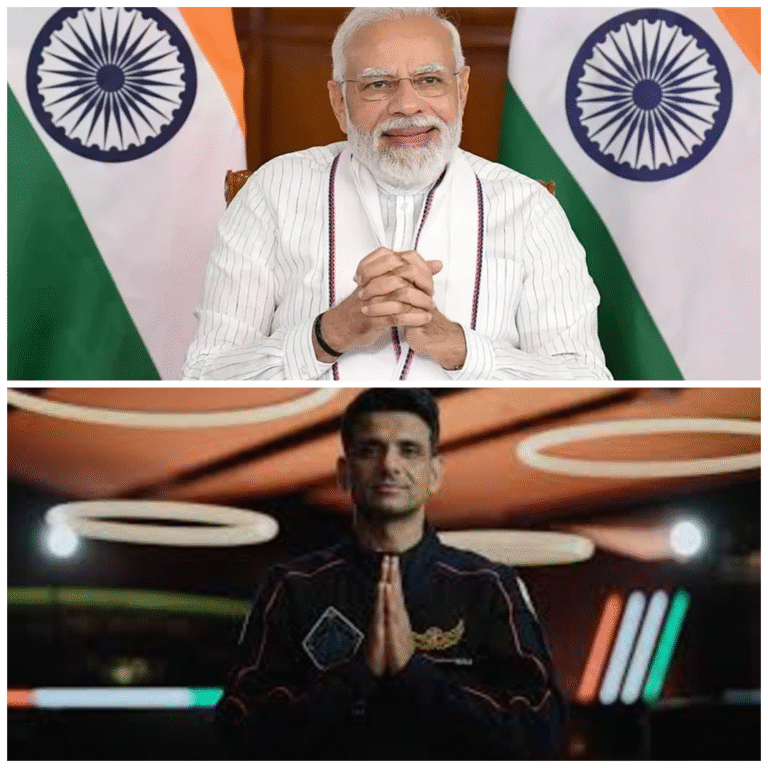Just days after the tragic crash of Air India Flight AI171 in Ahmedabad that claimed the lives of 259 people, a major controversy has erupted over a viral video showing senior officials from an Air India-affiliated company celebrating at an office party. The incident has led to the immediate dismissal of four top employees from Air India SATS Airport Services Ltd (AISATS) , a joint venture between Air India and Singapore-based SATS Ltd.
The video, which surfaced on social media platforms this week, reportedly shows AISATS’ Chief Operating Officer Abraham Zachariah and other high-ranking employees dancing and enjoying upbeat music during what appears to be a formal celebration at the company’s Gurugram office. The footage has been widely condemned for being insensitive, as it was recorded shortly after the deadly plane crash on June 12—an event that left families across the globe mourning their loved ones.
The Boeing 787-8 Dreamliner, en route from Mumbai to London, crashed into a medical college hostel in Ahmedabad moments after takeoff, killing all but one passenger. As grief-stricken families awaited the return of victims’ remains, the celebratory tone of the AISATS party has drawn sharp criticism from the public and netizens alike.
In response to the backlash, AISATS issued a formal statement expressing regret over the incident and confirming disciplinary action against those involved.
“At AISATS, we stand in solidarity with the families affected by the tragic loss of AI 171 and deeply regret the lapse in judgment reflected in a recent internal video,” the company said.
“The behavior does not align with our values, and firm disciplinary action has been taken against those responsible as we reaffirm our commitment to empathy, professionalism, and accountability.”
While the company did not name the individuals who were asked to resign, sources indicate that four senior-level executives—including Zachariah—were removed from their positions following an internal inquiry.
The fallout has been swift and severe on social media, where users expressed outrage at the timing and tone of the celebration. Many questioned the ethical compass of corporate entities and called for deeper introspection within the aviation industry.
One user posted:
“Problem with Indian corporates is that they don’t have heart, only thing matter is money. If someone dies let’s give some money to victim’s family, no accountability, no investigation & no arrest.”
Another replied:
“Would’ve been more advisable for you to defer and not host parties at such times.”
This latest controversy comes amid ongoing investigations into the cause of the Ahmedabad crash, which has already prompted calls for stricter safety protocols and regulatory oversight in Indian aviation.
As the nation continues to grapple with the emotional and logistical aftermath of the tragedy, the actions of AISATS’ former executives serve as a stark reminder of the importance of corporate responsibility and compassion during national crises.
For now, Air India and its partners remain under intense public scrutiny—not only for the technical failures that may have contributed to the crash, but also for how their affiliated companies handle the human side of such disasters.





